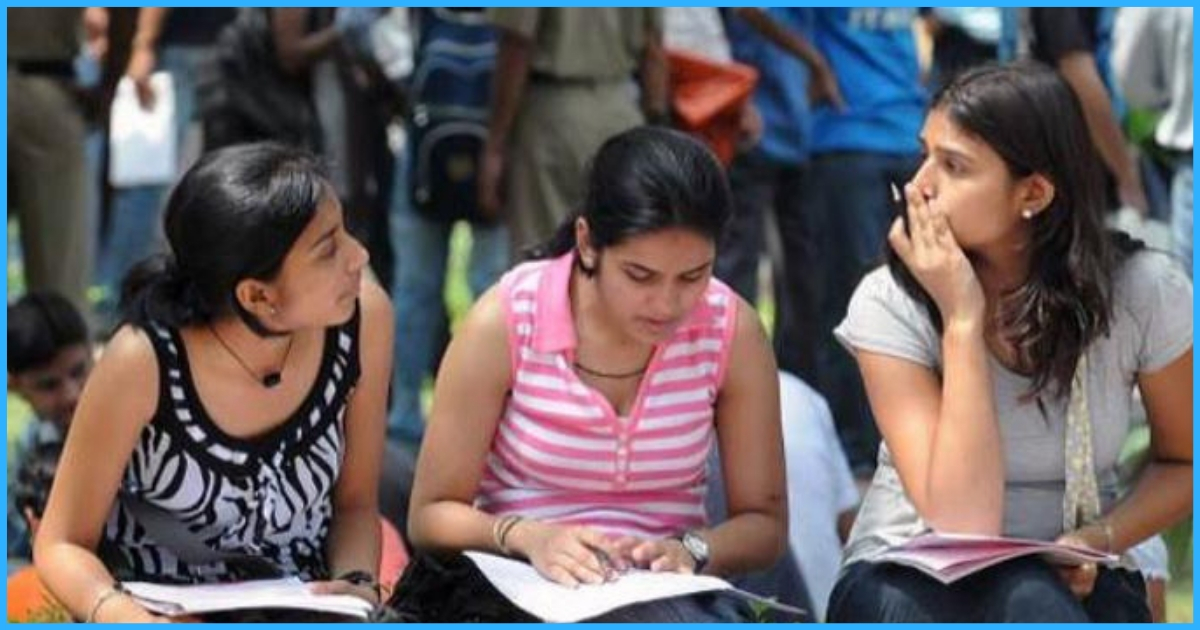According to the latest guidelines by the University Grants Commission (UGC), higher educational institutes cannot keep original documents and certificates of the newly admitted students. The new rules have also highlighted the issue regarding the refund of the fee charged in case the student decides to withdraw admission within one month. Reportedly, all institutes have been warned that they may lose the affiliation and accreditation (‘deemed status’) if they fail to comply with the new regulations put forward by UGC.
Preparations for 2019 admissions
The new order was declared by Prakash Javadekar, Human Resource Development Minister of India earlier this month via Twitter.
2019-2020 से विद्यार्थियों को अपने दस्तावेजों की मूल प्रति जैसे की मार्कशीट्स व अन्य सर्टिफिकेट्स शिक्षण संस्थान में दाखिला लेते समय नहीं जमा करवाना पड़ेगा ।
Here is the link of the PC held today https://t.co/66PhVGn3ih@ugc_india @AICTE_INDIA @PIBHindi @MIB_Hindi #FEEREFUND pic.twitter.com/2IMntOIZdR
— Prakash Javadekar (@PrakashJavdekar) October 10, 2018
He added that original documents like mark sheets and school-leaving certificates need not be submitted to the institutions. Instead, copies of the documents self-attested by the students must be used during the admission process.
Other than that, he also said that as per the fresh rules if a student decides to withdraw his admission and informs the concerned college authorities about the same at least 15 days prior to the last date of admission, in that case, a full refund must be provided to that student. The processing fee that is charged by many colleges is also capped at 5 per cent with a maximum limit of Rs 5000.
These norms are expected to form the UGC guidelines of admission for the 2019-20 batch and onwards.
Revised refund rules
As reported by NDTV, different percentages of refund have to be provided by colleges as per certain conditions. For instance, if a student withdraws admission at least 15 days before the last date of admission as notified, then full refund i.e. 100 per cent of the money has to be returned to the student except for the processing fee if any. Similarly, if the student withdraws admission within 15 days of the last notified date then they will receive 90 percent of their fees back, the amount reduces to 80 per cent if the student withdraws within 15 days after the last date of admission, and only 50 per cent refund will be provided if the admission is withdrawn after 16 days of the last date and before 30 days, beyond which no refund shall be provided. The refund by the college shall be processed in a maximum 15 days after the student provides a written application for the same.
The new rules will be applicable to each and every UG, PG and research courses run by colleges and universities included under section 2(f) and section 3 of the UGC Act.
Similar attempts in the past
The UNI reports that this is the third attempt by UGC to rectify this issue. In 2007, UGC had made similar regulations, pronouncing that the colleges and universities are not allowing students the possibility of exploring different options because they keep the original documents in their custody. UGC had ruled against it back then as well but the colleges did not follow, and the students kept complaining of the same. Afterwards, in 2016, the Secretary of the UGC, Prof Jaspal S Sandhu wrote a letter to Vice Chancellors of all universities demanding an explanation for persisting student complaints about not providing the refund amount and retaining the original documents. Now, UGC is addressing this issue again warning the defaulters of stricter action this time. The students are expected to be relieved of such admission-related woes since 2019 and new opportunities will be available for them.
Necessary changes
As reported by The Times of India, the changes will make sure that colleges only charge students for the duration (semester or year) during which the students take part in academics, prohibiting the colleges to charge for the entire course duration.
Apart from that, all educational institutes are required to update their websites along with their prospectuses about information concerning the status of institution, its affiliation and accreditation status, all the properties and services offered, students taken in each course, fees for all the different courses available, last admission date, faculty details and other important information. All the colleges need to have compulsory Grievance Redressal Mechanism set up according to the Grievance Redressal Regulations of 2012, which should also be available on the college website.
Also Read: Central University Teachers May Now Be Dismissed For Speaking Against The Government, Says UGC Order











